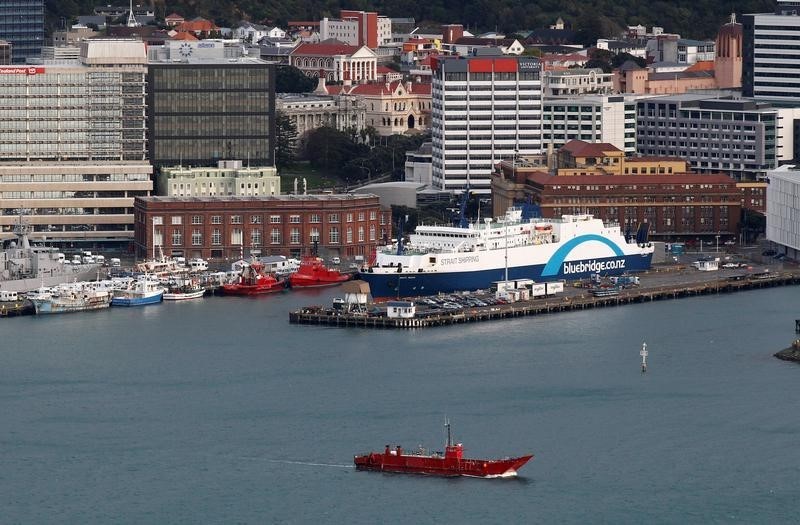Street Calls of the Week
WELLINGTON, March 21 (Reuters) - New Zealand's economy rebounded last quarter as households splurged on everything from eating out to holidaying, but there was hardly any sign of inflation, a recipe for policy to remain accommodative for some while yet.
Statistics New Zealand said on Thursday that New Zealand's gross domestic product grew 0.6 percent quarter-on-quarter in the three months to December, as analysts had expected, and double the 0.3 percent pace of the third quarter.
The figure, however, was below the 0.7 percent growth forecast by the Reserve Bank of New Zealand (RBNZ).
Households contributed a solid 0.8 percent to fourth-quarter growth, while inventories were the biggest drag.
The year-on-year data was a disappointment, showing economic growth slowed to 2.3 percent to NZ$293 billion ($202.49 billion), when analysts were looking for a 2.5 percent increase. That is also weaker than a tepid 2.6 percent clocked in the third quarter.
New Zealand's economy is generally expected to expand around 2.5 to 3 percent, but there are increasing questions whether such a pace can lift inflation and push the unemployment rate lower.
Thursday's data showed the GDP deflator was negative in the quarter, implying there were no signs of inflation despite solid consumption growth.
The RBNZ will hold its policy meeting next week where it is widely expected to keep rates at a record low 1.75 percent as risks to growth have increased recently.
"What they'll do is maintain their neutral guidance but talk about the downside risks," said Sydney-based JPMorgan (NYSE:JPM) economist Ben Jarman.
"The problem is the global economy has weakened, New Zealand's top trading partner Australia has weakened. So we expect the RBNZ to provide some colour on the downside risks without changing their language."
The U.S. Federal Reserve on Wednesday flagged a slowdown in the world's biggest economy while abandoning plans for further rate hikes this year in a major shift in its perspective. = 1.4470 New Zealand dollars)
